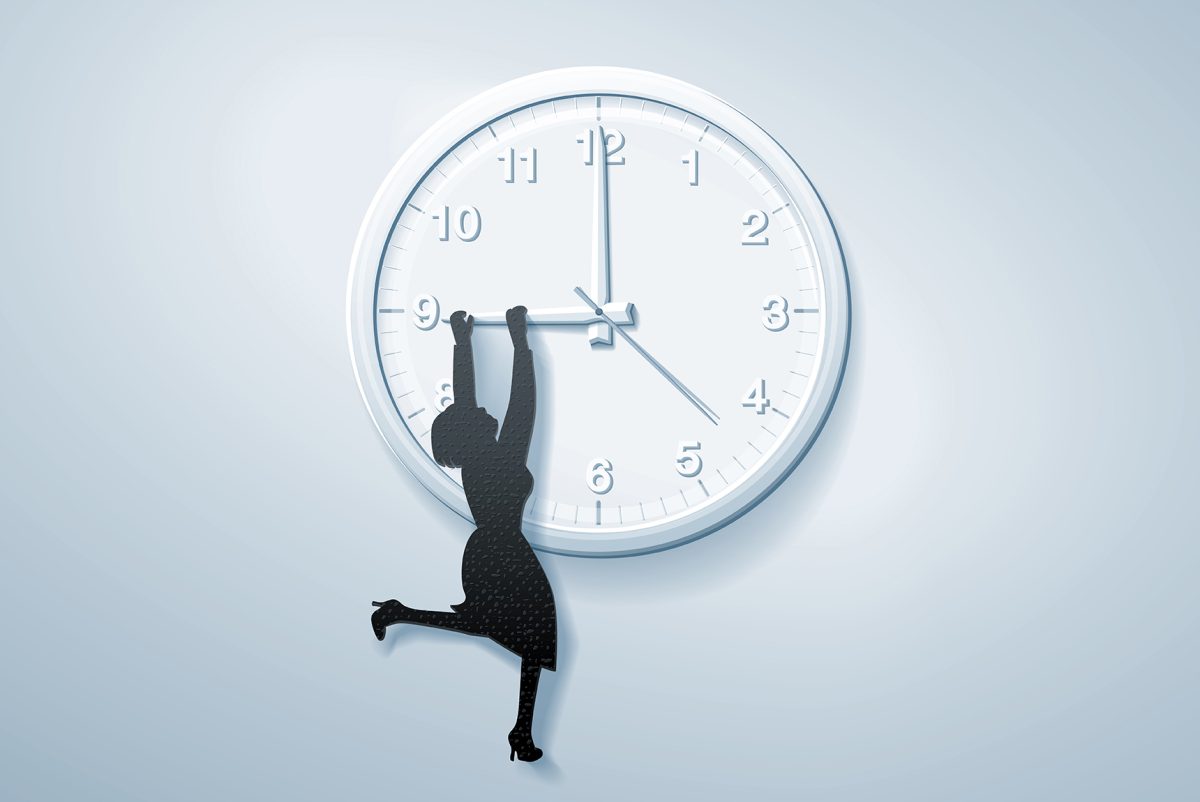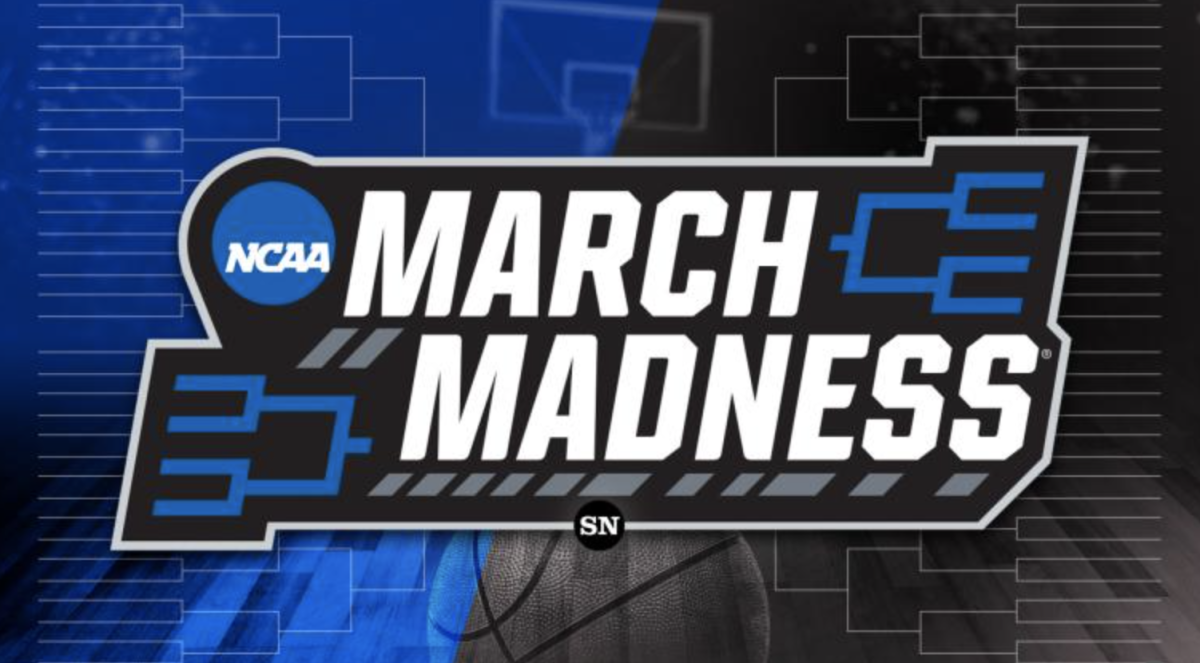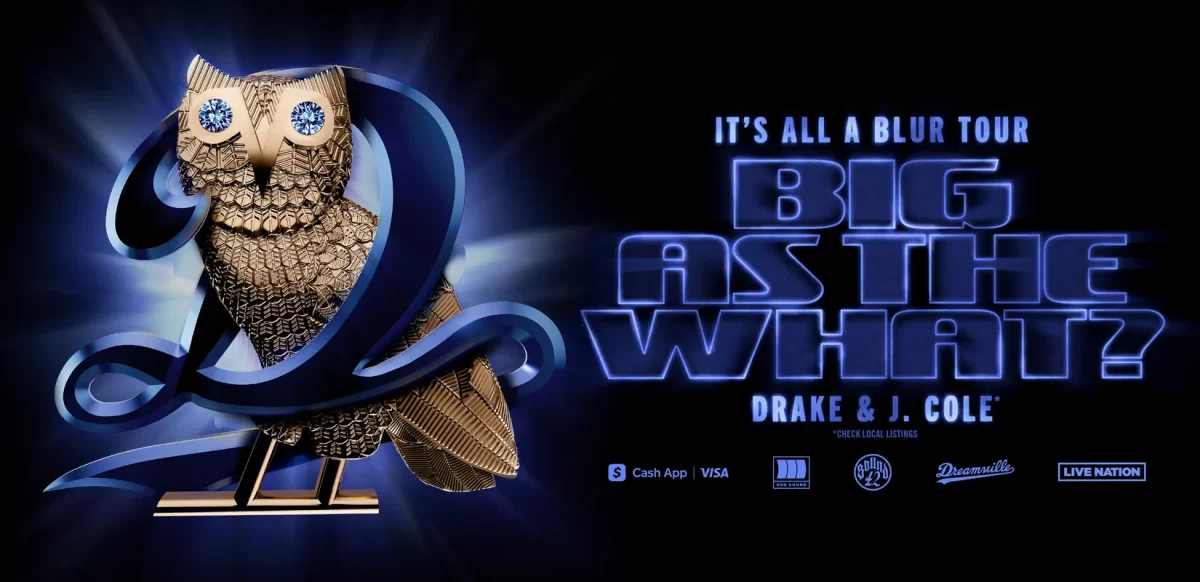by Will Frankel ’17
A student walks through the upper commons of University School. Though it is before placing his phone back in his pocket. He enters an empty English room, where he will get some work done quietly during break. Before he begins editing an essay that is due next block, he checks whether his business of reselling clothes on eBay has made any new sales. The vast majority of University School students and faculty would be able to point out several small rule infractions this student has made.
However, the vast majority of students would also most likely not expect this student to receive a demerit for any of these infractions. In fact, many if not most US students likely have found themselves doing many of the same things as our example above (I certainly have). In turn, most faculty members have also probably seen other students doing the same things as our example. Once again, many if not most of these same faculty members would very likely not have issued a demerit to this student and likely did not issue demerits when they saw these infractions in the past.
According to the newly delivered 2015-2016 Student Handbook, the student described above has committed a total of thirteen infractions (listed below), each one making him liable for a demerit. This example of a baker’s dozen of offences that would likely go unpunished gives us an interesting point of analysis for the gap between rule and reality at University School. While our handbook lays out numerous, usually clear, rules for the student body, the non-enforcement of these standards gives us insight into our community. Cited list of infractions in the above example:
1. Hair touching below shirt collar (Code of conduct Section 2D) 2. Non-button down shirt (Code of conduct Section 2F1) 3. Non-solid colored shirt (Code of conduct Section 2F1) 4. Shirt not tucked in (Code of conduct Section 2F1) 5. Shoes untied (Code of conduct Section 2F4) 6. Not wearing socks (Code of conduct Section 2F5) 7. Non-permitted shorts color (Code of conduct Section 2F2) 8. Pants not sitting above hips (Code of conduct Section 2F2) 9. Sweater not in “subdued colors” (Code of conduct Section 2F6) 10. Non-clear water bottle (Code of conduct Section 2G) 11. Use of cellphone for non-academic purposes (Code of conduct Section 2I) 12. Use of classroom without teacher permission (Code of conduct Section 2C 13. Using US Network for “activity…for personal profit” (Code of conduct Section 9)
So, what does this example, and the reality it represents, tell us? First, the discrepancy between how many rules we have for small infractions and how little these rules are enforced creates a fundamental misunderstanding at University School. Since students are aware of most of the rules in the handbook, it is possible that unforced restrictions lose legitimacy in their eyes. That is to say, if no one will punish you for having your phone out, maybe it is entirely acceptable to have it out . Or, even worse, it can delegitimize other rules that do deserve enforcement. If no one will punish you for checking your business ventures on the University School network, then perhaps no one will punish you for playing games online during class either. Second, the gap between rules and reality tell us the genuine values of our community. The fact that the faculty chooses by-and-large not to enforce certain small infractions and that students continually commit these infractions suggest that these rules ought not be in the handbook at all. Thus, the solution to this problem of unenforced rules is not more enforcement; it is better rules. It is not that faculty must crack down on non-clear water bottles; it is that it is time for our community to discuss whether we really care about making sure students do not drink from dark blue bottles. It is not that we must check the placement of every student’s shorts in relation to his hips, it is that we must decide as a community how offended we really are by pants that sit on students’ hips, or, god forbid, below. University School does not need better law enforcement; it needs better laws.
All editorials published by US News Online represent solely the views of the author.







